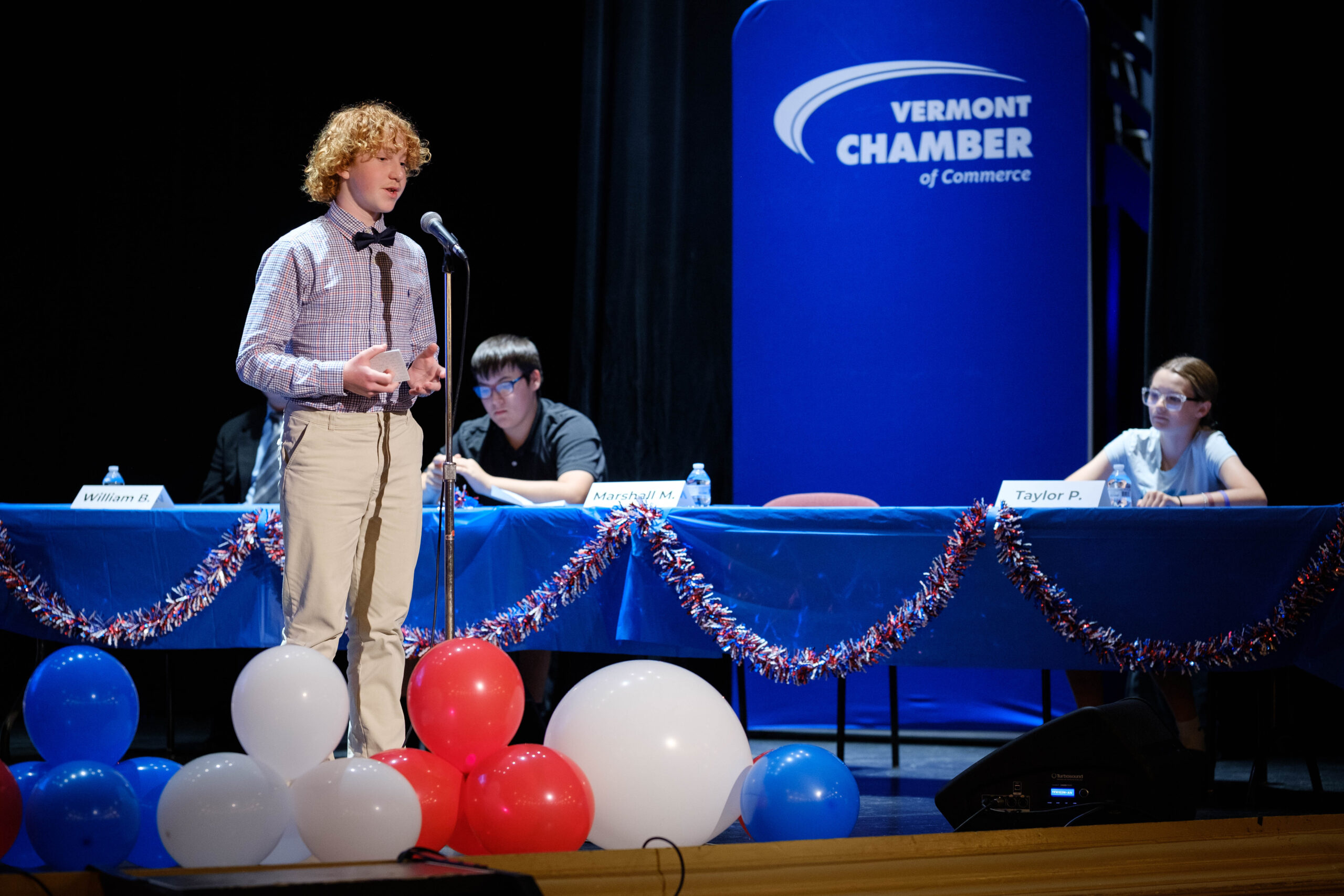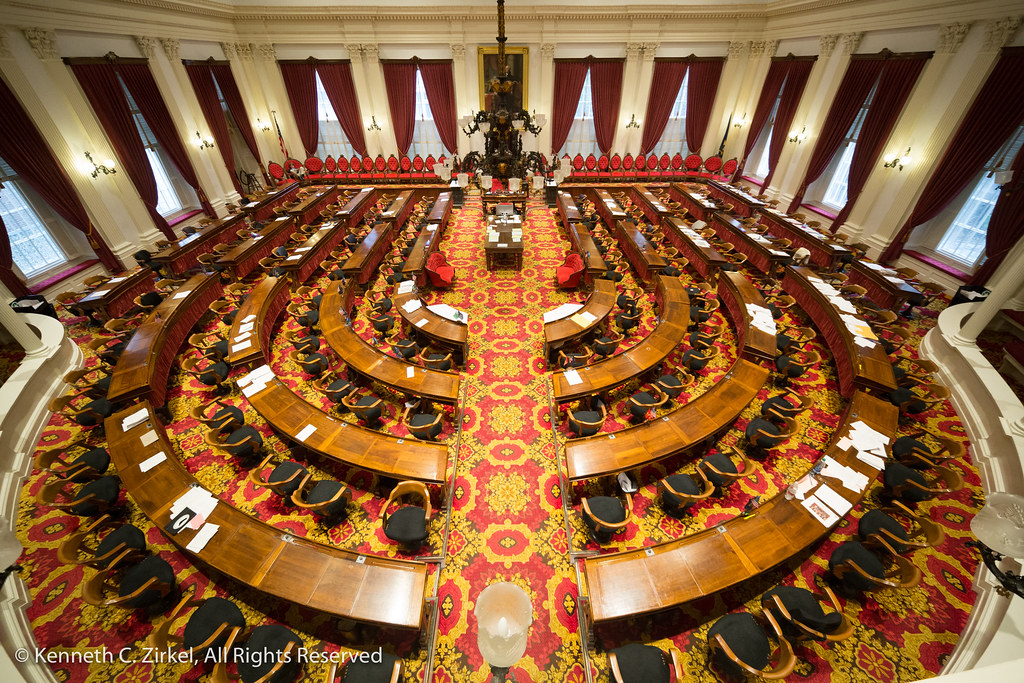Building Our Future Economy: A Conversation with Congressman Welch
Congressman Peter Welch joined Vermont Chamber members for a conversation about how Vermont can leverage federal funding to build the economy of the future. The Congressman discussed the impacts COVID-19 has had on businesses and empathized with what employers have gone through. The discussion turned to the workforce shortage, with a need for housing, childcare, and infrastructure to attract more people to live and work in Vermont. Julia Birnn Fields of Birnn Chocolates spoke of her business’s success in hiring New Americans, and Sarah Morris of Basin Harbor talked about her challenges in hiring enough seasonal workers without a steady supply of foreign workers. Congressman Welch spoke about the recent increase in the H2B visa program and the Afghan refugees being resettled in Rutland. He will continue to support efforts to bring more workers to Vermont, through visa programs and refugee resettlement. Ruth Ann Pattee of Northern Stage Theater Company asked what provisions for housing may come from federal funds. Congressman Welch discussed the increase in housing prices, the impact from short term rentals on the housing market, and his support of the Build Back Better bill’s funding of tax credits and construction of new housing units. He also affirmed his support for replenishing the Restaurant Relief Funds, which could provide much-needed aid to the at least 581 Vermont restaurants with unmet need. Catch up on this conversation by viewing the recording of the event here.
SHARE THIS ARTICLE
RECENT NEWS



